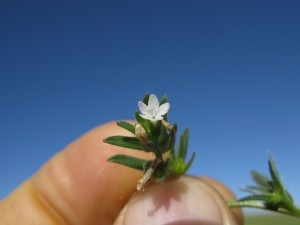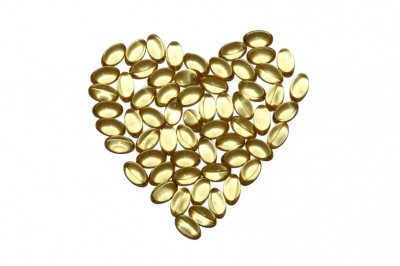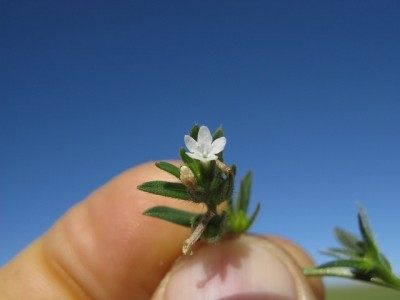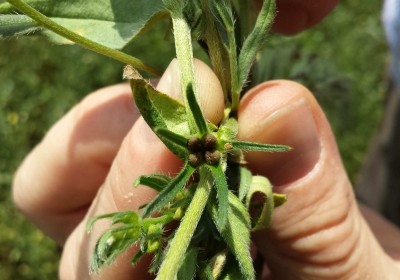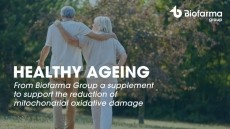Avoiding the 'me too camp': Tech Crops makes omega-3 supplement plans after two-year novel food process

The process took Technology Crops International, the parent company of Ahiflower, two years in all. One year of that came after the UK Food Standards Agency’s (FSA) approval of the dossier, following which other member states raised safety concerns around missing data.
After the European Commission forwarded the assessment onto EFSA for a second look, the company was asked to submit further data to put these concerns on safety and strength of evidence to rest. EFSA concluded in its 21-page report that “the novel food ingredient, refined Buglossoides oil, is safe under the proposed uses and use levels”.
Despite this delay, Andrew Hebard, president and CEO of Technology Crops International, told NutraIngredient that it had no regrets on picking an unapproved ingredient to develop.
He said the ingredient was a significant advancement in omega-3 and 6 oils, “therefore when pioneering such innovations, you have to be prepared to work through the process and avoid being in the ‘me too’ camp. We would certainly proceed down the same road if we found ourselves in the same situation again”.
He said choosing another ingredient hadn’t been an option given the nutritional profile of buglossoides oil.
Buglossoides arvensis has typically been seen as a weed species associated with the cultivation of wheat.
The main fatty acids in the oil are alpha-linolenic acid (ALA), stearidonic acid (SDA) and linoleic acid, with smaller amounts of oleic acid, gamma-linolenic acid (GLA) and saturated fatty acids.
The ingredient was intended to be used in a range of foods and food supplements to provide about 200 mg of stearidonic acid per day.
The oil will be marketed under its Ahiflower brand, ‘ahi’ referring to the colloquial name for the yellow fin tuna in North America. Herbard said the company was planning to launch consumer products on the market by the third quarter of this year with its initial focus falling on the food supplements market, followed by personal care and animal nutrition.
The firm was now looking for “best in class” European partners to sell the oil as part of which it would be exhibiting at the industry event Vitafoods Europe in May.
EFSA’s decision followed similar movement in the US where the country’s Food and Drug Administration (FDA) announced there had been no objections to the company’s application for GRAS (generally recognized as safe) status for the ingredient back in January.
A novel experience
Hebard said the approval would clearly make the commercialisation process easier, “and of course removes the uncertainty and caveats that we needed to introduce into discussions with prospective commercial partners”.
The member state concerns addressed by EFSA included the analysis of “undesirable substances” such as pyrrolizidine alkaloids, erucic acid and polycyclic aromatic hydrocarbons (PAHs) as well as the strength and relevance of the animal and human data submitted and the lack of toxicological information.
They also looked at the accreditation of the testing facilities, storage and processing impact on safety and composition and whether it had been appropriate to accept evidence of safety largely based on Echium oil, which was derived from the seeds of the taxonomically related but distinct plant species Echium Plantagineum.
Asked why the company had not submitted the information flagged by member states in the first place, Hebard said the company had put forward what it considered to be a complete dossier.
“We do not know ahead of time what parts of the dossier may require additional information. As such, it is difficult to predict how much information is sufficient upon first submitting an application.”
The company created new proprietary testing protocols in order to meet the request for additional data on the safety of some of the components of the oil.
Asked if he thought greater guidance for applicants was needed, he said: “I think the process is somewhat self-evolving in that you don’t know what questions you will be asked, you just need to make sure you have a very competent team with the right expertise to react to the questions raised.”
